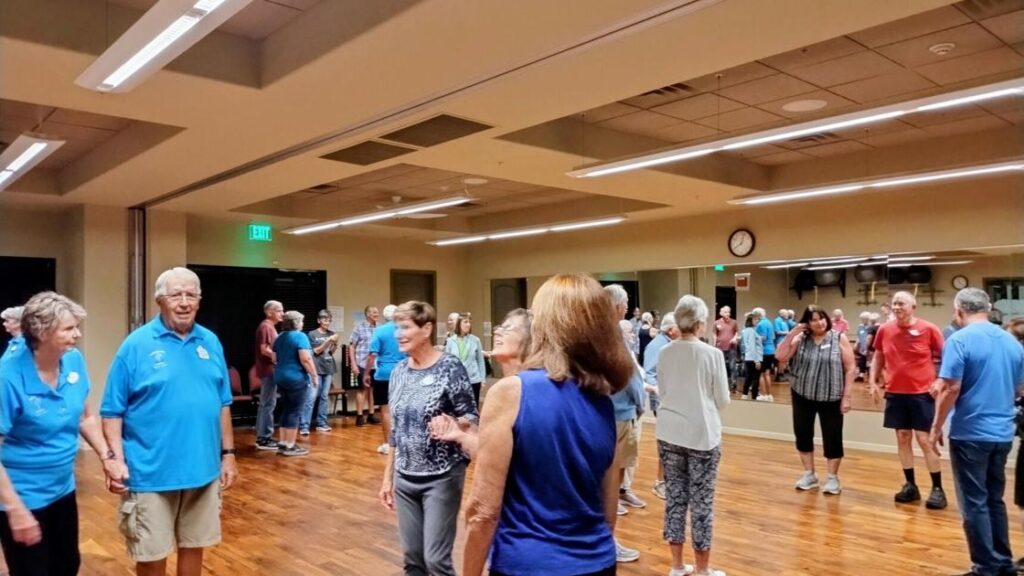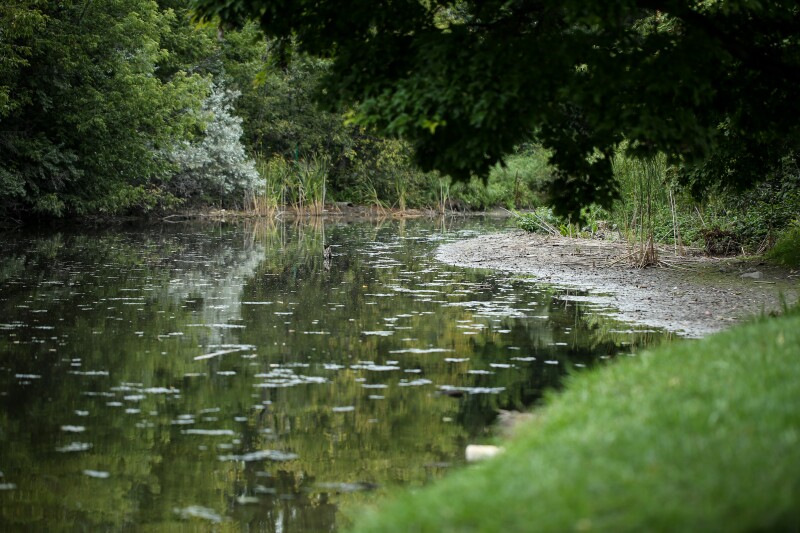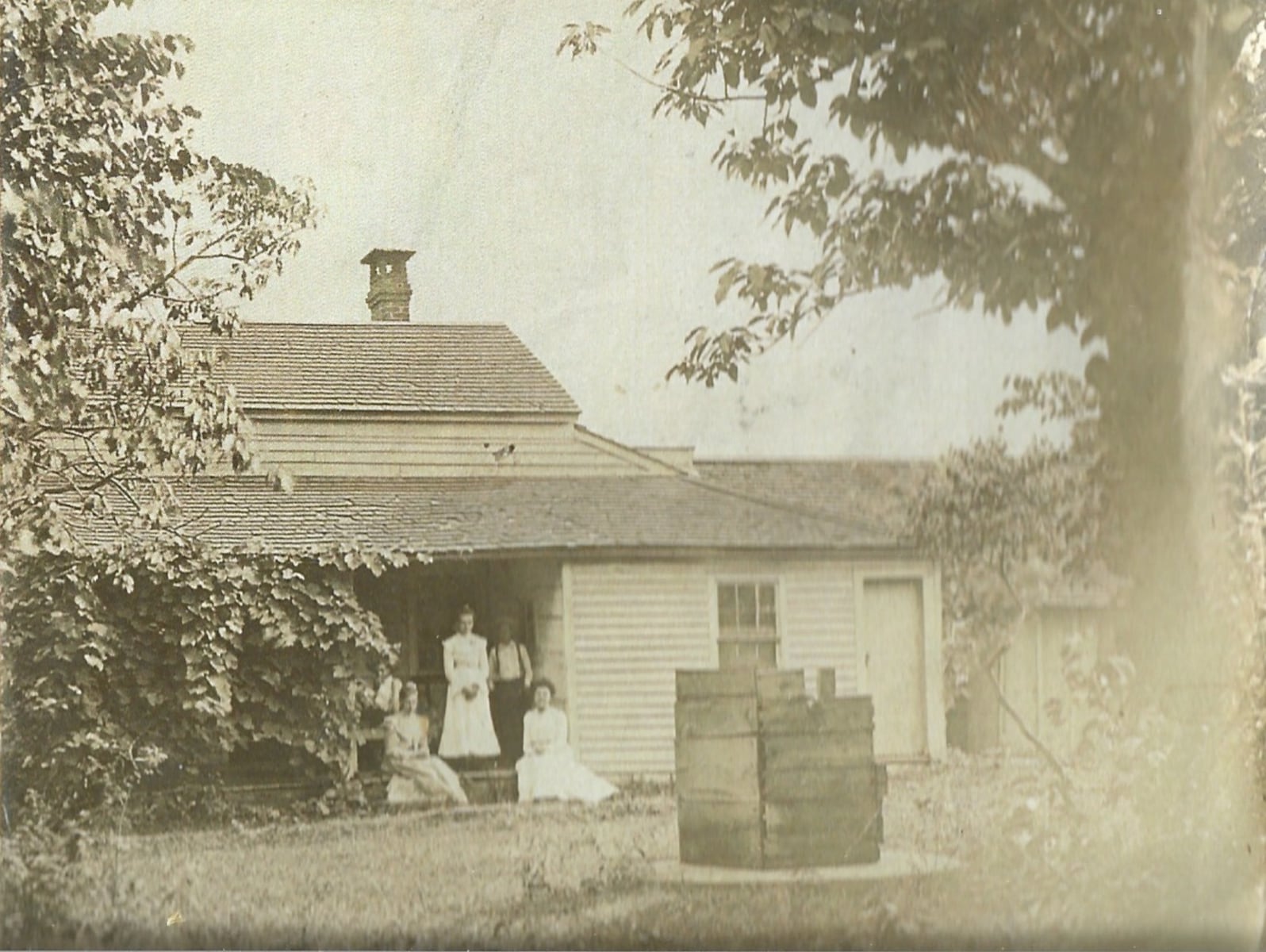
A recent study has revealed that intensive mental exercise can reverse certain brain changes associated with aging. This groundbreaking research, published on October 22, 2023, by NPR, provides compelling evidence that a combination of diet, physical activity, and cognitive training can enhance thinking and memory among older adults.
Participants aged 65 and older who engaged in 30 minutes of cognitive training daily for a duration of 10 weeks experienced a notable increase in levels of the brain chemical acetylcholine by 2.3 percent. This increase occurred in a brain region critical for attention and memory, effectively countering the typical age-related decline of approximately 2.5 percent per decade in this neurotransmitter.
The study underscores the importance of mental stimulation as a protective factor against cognitive decline. Square dancing, for instance, serves as a unique form of cognitive training. It combines physical exercise with elements that engage memory, rhythm, and social interaction, all of which can benefit brain health.
Community Engagement in Cognitive Health
The relevance of square dancing extends beyond research findings. The SaddleBrooke Squares Dance Club in Tucson, Arizona, actively promotes this engaging activity to foster community involvement and mental well-being. On October 9, 2023, the club hosted its annual ‘Give Us a Whirl’ event, drawing an impressive turnout of 40 guests alongside 20 club members.
Participants enjoyed a free introduction to square dancing, showcasing not just its fun nature but also its potential cognitive benefits. Following the event, those interested were invited to enroll in weekly dance lessons, further emphasizing the club’s commitment to promoting mental and physical health through social activities.
For more information about joining the SaddleBrooke Squares Dance Club and participating in this invigorating activity, visit saddlebrookesquares.com. Engaging in square dancing and similar activities can be a proactive step toward enhancing cognitive function and overall well-being for older adults.
This study and the community initiatives demonstrate a growing understanding of how mental exercise and social interaction can significantly influence cognitive health, offering hope and practical solutions for aging populations.







